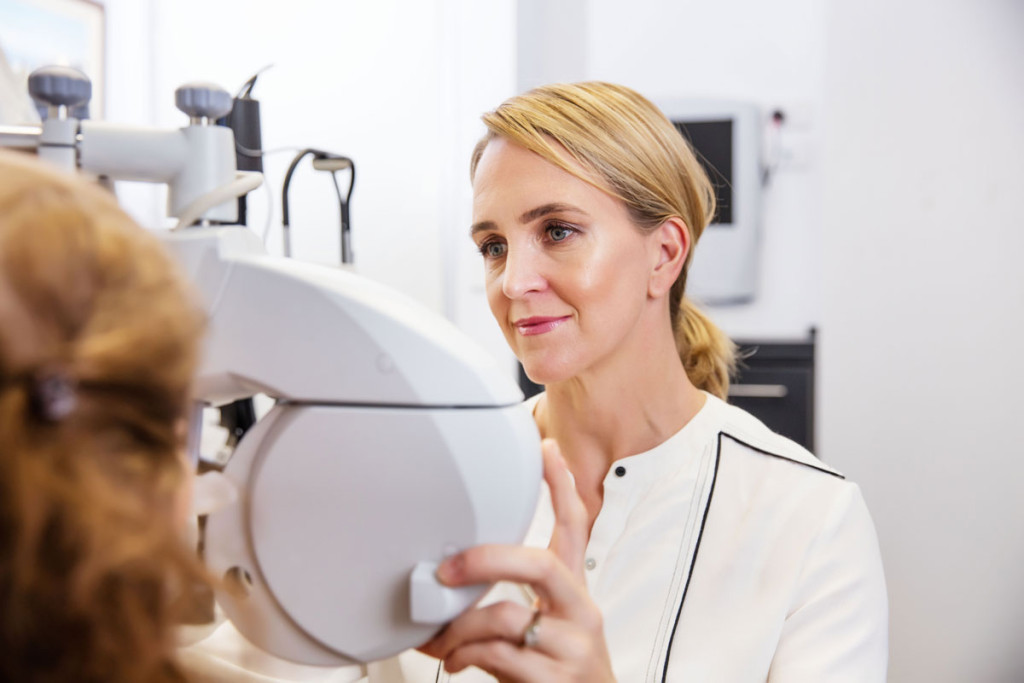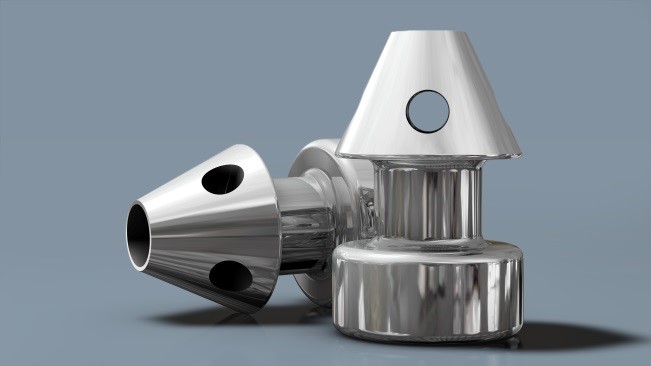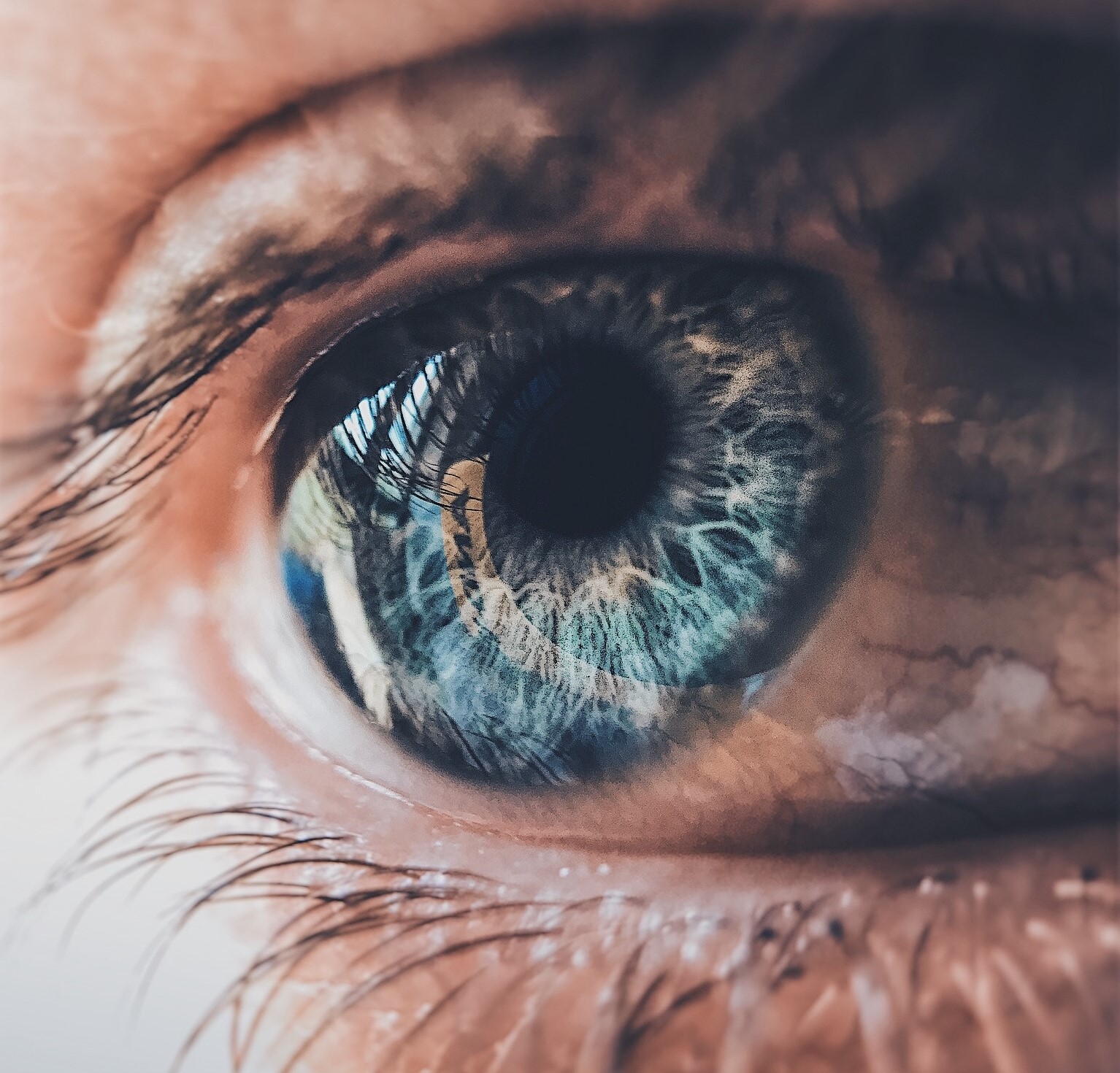Glaucoma is caused by a group of diseases that damage the optic nerve or information cable that carries the information from your eyeball to your brain.
It is known as the ‘sneak thief of sight’ because in many cases it slowly steals away your vision, without causing any noticeable symptoms.
Usually, it damages your peripheral or outside vision first, before moving towards your central vision.
The vision field loss is usually permanent or irreversible. Currently, there is no eye drop, tablet, or medication that can reverse the damage once it’s done.
WHAT ARE THE RISK FACTORS FOR GLAUCOMA?

Although there is still a lot to understand about glaucoma, some of the common risk factors for developing it include:
- increasing age
- raised pressure inside the eye (known as intraocular pressure or IOP) – although 50% of people with glaucoma will have an IOP within what is considered to be the normal range
- family history of glaucoma
- African, Asian or Inuit heritage
- past eye trauma
- high short or long-sightedness
- prolonged use of steroid medications – oral, inhalers or topical drops
- other systemic health issues – diabetes, migraine headaches, high blood pressure, and some types of circulatory disorders.
GLAUCOMA TREATMENT
Glaucoma can be difficult to detect in its very early stages. Unfortunately, there is no single investigation that can definitively diagnose the disease. Instead, we need to put together multiple pieces of information from your history, examination findings, and investigations, like doing a jigsaw puzzle. Sometimes we need to repeat these over many years before we can make a diagnosis.
While the damage caused by glaucoma can’t be reversed, the progress of the condition can be controlled. The initial treatment is normally eye drops, which once started, are usually life-long. Sometimes surgery may be required. Newer forms of management, such as ‘micro-stents’ implanted at the time of cataract surgery, are showing promise.
EYE CONDITIONS
GLAUCOMA IN THE NEWS
The Microstent: Goodbye Glaucoma Eyedrops?
If you take medication on a regular basis, it’s very likely that from time to time you will have a ‘whoops’ moment and forget to take your tablets or READ MORE >
5 Common Eye Diseases And Symptoms To Watch For
Common Eye Diseases | Symptoms & Effects You should be aware of the signs and symptoms of the most common eye diseases. If you’re over the age of READ MORE >
Tips for Living with Glaucoma
Over 300,000 Australians are Living with Glaucoma! More than 1 in 8 of these people who over 80. Interestingly, half of these people will remain unawa READ MORE >




